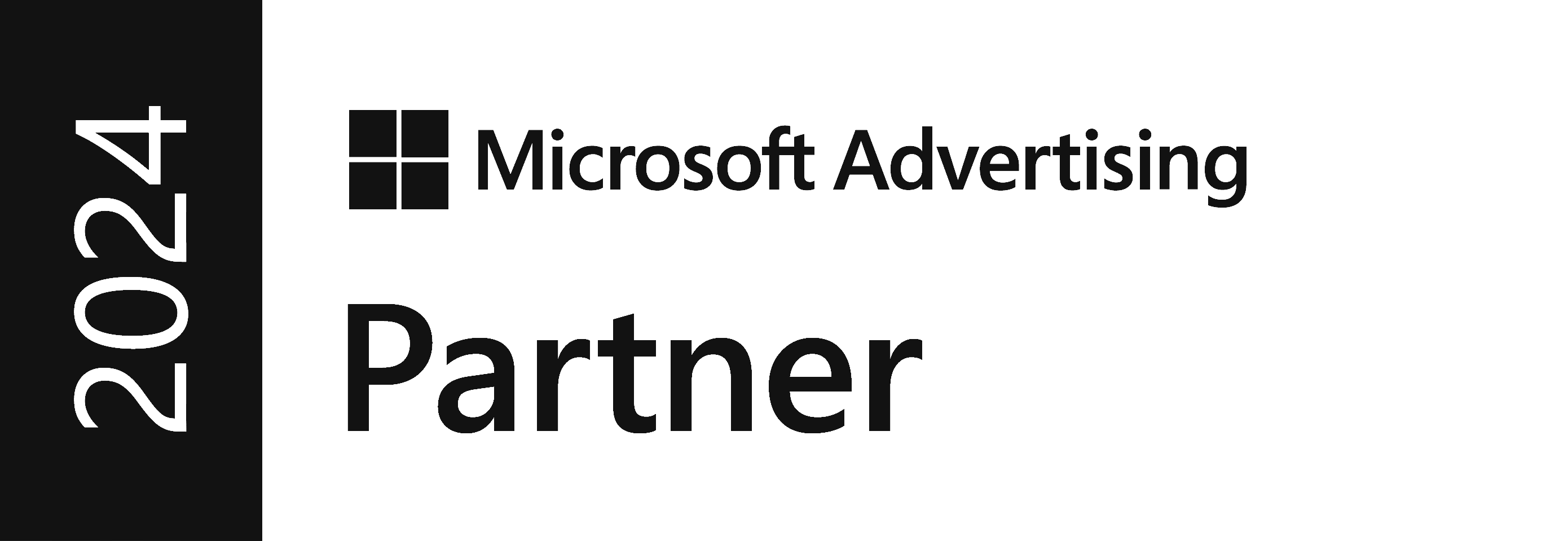Questions to Ask a Digital Marketing Candidate
Interviewing candidates for a Digital Marketing role can be tricky. Marketers don’t typically have a portfolio and, whilst case studies are handy, they normally show the results of a team effort rather than the work of a single person. If your skillset is less technical than the person you’re hiring it can be difficult to understand exactly how skilled they are. Having hired, or been involved in hiring, most of the members of the team at Optix (and having helped some of our clients to recruit) I have developed some techniques and a few standard questions to help me assess candidates in a fair and consistent way.
Disclaimer: While I have some experience recruiting I can’t claim to be an expert, particularly when compared to people who spend their entire careers working in this area. One thing I definitely know about is Digital Marketing and, over the years, I’ve figured out some good techniques for figuring out how much other people know and how they might fit into a team.
When recruiting for agency side client-facing Digital Marketers (E.G. Digital Marketing Managers, Digital Strategists and the like) I’m typically looking for experience, plus four main things:
Technical Knowledge
Industry Knowledge
People Skills
Teamwork & Attitude
Each of these elements can be drawn out by asking particular questions. If, as an interviewer, you have any concerns about your interviewee in relation to these areas you can spend more time on these types of questions until you have enough information to make a decision. It’s important to cover all areas however, rather than making assumptions.
Technical Knowledge
My number one tip for interviewing a potential Digital Marketing Manager is to avoid asking them if they know how to do X or Y. Instead, you should ask them questions which allow them to demonstrate the level of their knowledge. This might be startlingly obvious for those who are experienced at interviewing potential candidates but it took me a while to figure out. There are two main reasons you shouldn’t ask someone if they can do something:
1) They can simply say “yes”
2) They might not know how much they know
Reason 1 doesn’t matter too much – you would just need to ask follow-up questions – but 2 is something which deserves a little more thought. Candidates, particularly those who are starting their career in Digital or are looking to move from being a generalist to being a specialist, may have a limited understanding of how much there is to know about a subject or channel. For example, person A may have created a few Google Search Ads and consider themselves to be someone who “knows PPC“. Person B may be an expert at the nuances of Search Ads, Google Shopping and Remarketing. They may have an in-depth understanding of scaling campaigns and optimising for lifetime customer value.
In this example person A isn’t trying to deceive you when they say that they “know PPC”, they just have a limited understanding of what they know in relation to what they could know. They’ve mistaken the tip of the iceberg for the whole thing. If you ask them to talk you through the most complex PPC Campaign they’ve run you’ll soon get an idea of how much technical knowledge and experience they have.
Question(s): Can you talk me through a campaign you’ve run which you’re particularly proud of? What did you set out to achieve with the campaign and how did you measure your success?
Strategic Mindset
Having the technical knowledge to implement things well is fantastic, but for many roles you’ll also need your successful candidate to have skills and experience with strategic thinking. Being able to work with Developers to speed up a website shows good technical knowledge but knowing that you need to do so to avoid issues from Google’s Core Web Vitals shows an understanding of what is happening in the industry and a strategic mindset.
Often this sort of strategic planning, along with the ability to deal with multiple stakeholders and their differing motivations, can be what separates a junior role from a senior one. A senior Digital Marketing professional will be able to create a long terms strategy and get buy-in from everyone involved. They’ll be adept at communicating benefits and how they fit into wider business goals.
If you’re looking to hire someone who can guide your digital strategy you need to ensure they have a strategic mindset.
Question(s): What SEO factors do you see as being particularly important for 2022? How would you help our clients to gain an advantage with these factors?
People Skills
If the role you’re hiring for is client-facing, then Account Management skills or, more broadly, people skills will be very important. Of course, people skills are important for any role so this is always something to explore. A Digital Marketing Account Manager will need to communicate complex ideas clearly and quickly build trust and rapport. The good news here is that these are the easiest skills for applicants to demonstrate in an interview situation. An interview is essentially a performance so, If someone can handle themselves well in an interview, they will be showing skills that will help them with a client-facing role.
One thing to note here is that the interview starts the second the interviewee steps foot in the building. How they interact with your receptionist (or even your office dog) and the small talk which happens before the interview formally starts is just as important as the main discussion. It’s important to give people time to warm up (otherwise you might end up with a company of only extraverts, which would have its downsides) but they will need to have built some rapport with you by the end of the interview.
Spud relaxes after a grueling pre-interview meet and greet.
Question: Did you find us okay?
Teamwork and Attitude
Attitude or temperament is arguably the single biggest factor to consider in a recruitment situation. Although skills are important, particularly in the short term, hiring someone with the right attitude is vital. At Optix we only hire people who we know will live our values and have a positive impact on those around them. Skills can be learned and experience gained but if someone has a bad attitude they’re more trouble than they’re worth. It doesn’t even need to be anything as drastic as a bad attitude – they just might not have an attitude that fits with the rest of the team and that will cause tension.
The difficulty here is that everyone knows roughly what type of attitude employers are looking for and most can fake it. Even if they aren’t setting out to mislead, most people are on their best behavour during an interview.
As with the technical knowledge example above it’s important to get the person you’re interviewing to show you that they have the right attitude rather than asking them directly.
Question: Can you tell me about a time that something has gone drastically wrong in a previous role?
With this question, you shouldn’t be too concerned with what went wrong but rather what they did about it. Did they admit responsibility (if relevant) and did they take the necessary steps to resolve the issue? Or did they point the finger and hope everything worked out in the end? We’ve all made mistakes but how we deal with them gives some insight into who we are as people.
Hopefully these questions will help you to get the information you need from potential employees in order to see how well they would fit in your organisation. If not they should at least help you to understand how to structure questions that allow your candidates to show you how suitable they are rather than tell you.

1st Floor, Alphin Brook House,
Alphin Brook Road,
Exeter EX2 8RG
MORE THAN
Digital
Marketing.
View our sustainability page.
PPC for B2B
PPC for Law Firms
PPC for Luxury Ecommerce Brands
PPC for Travel and Tourism
GEO Audit






